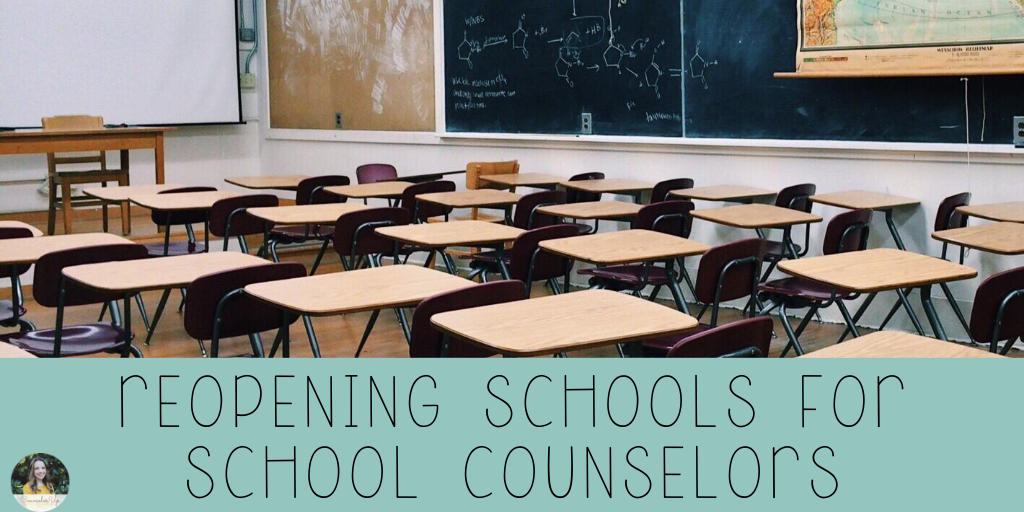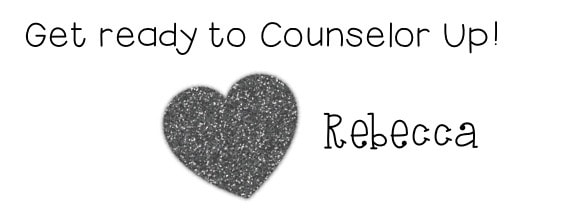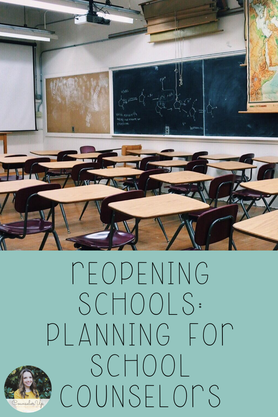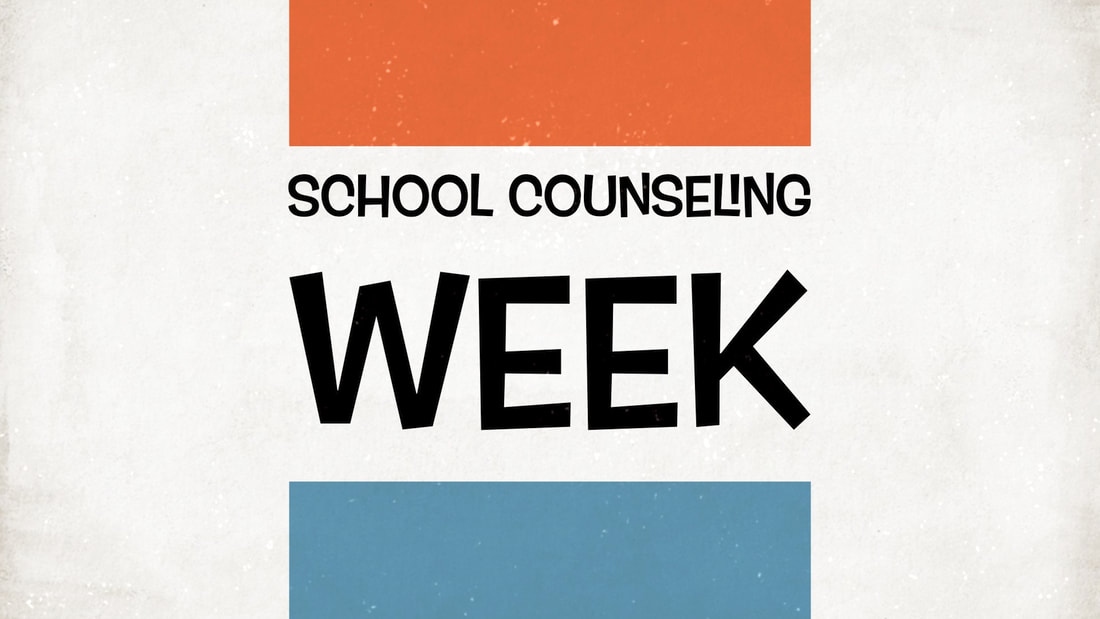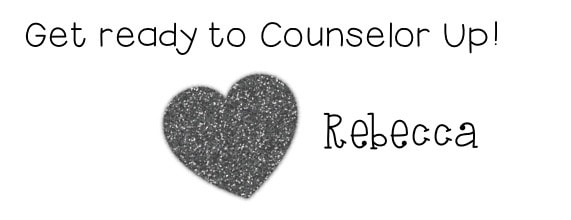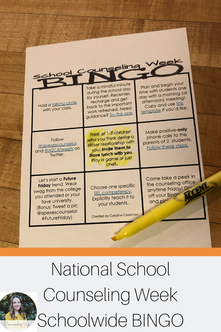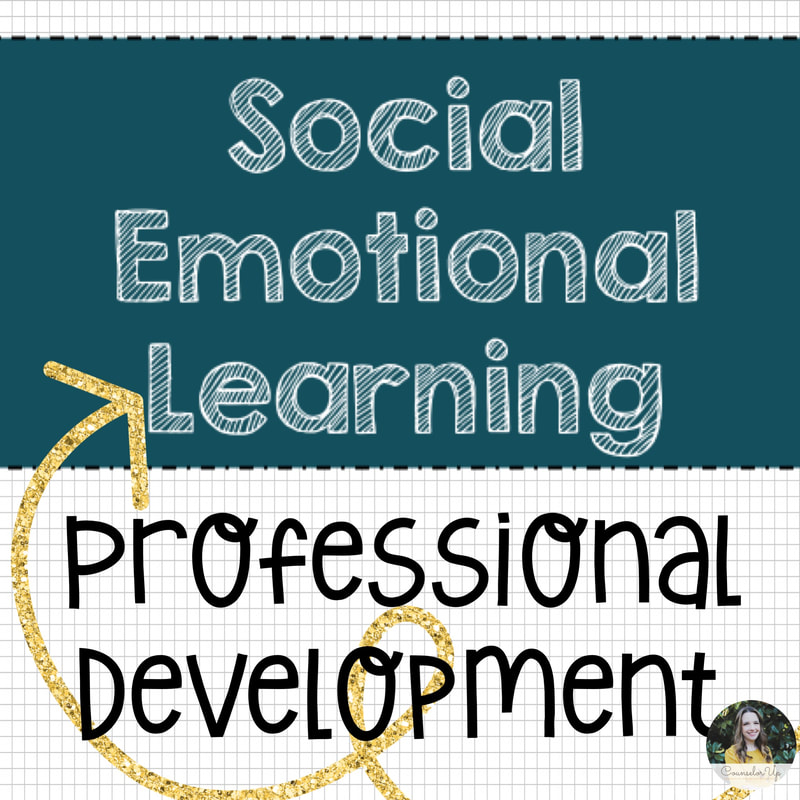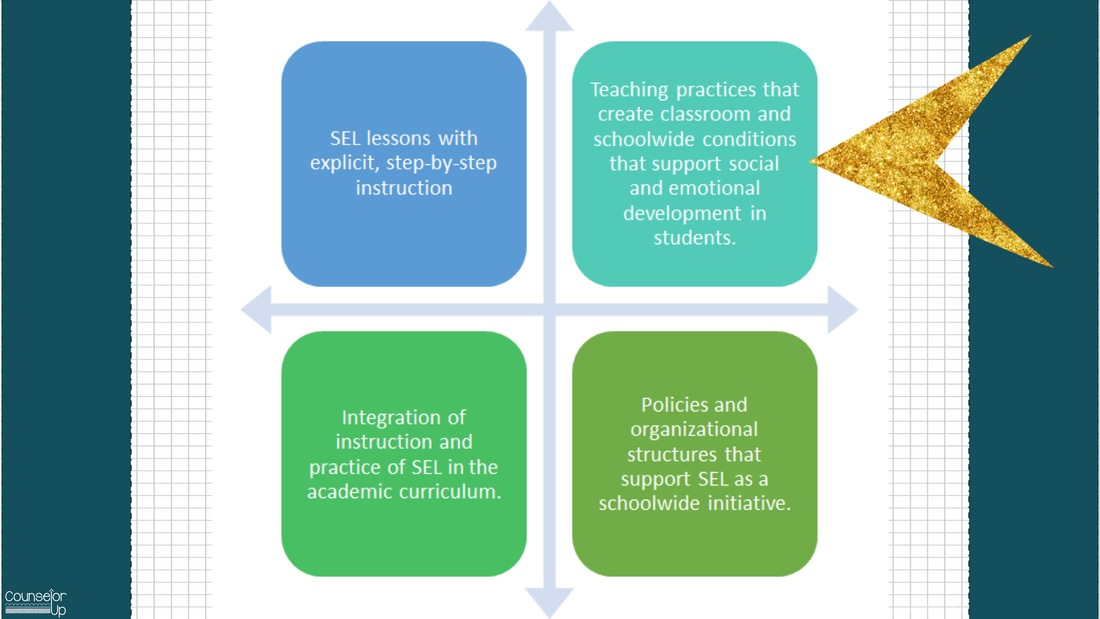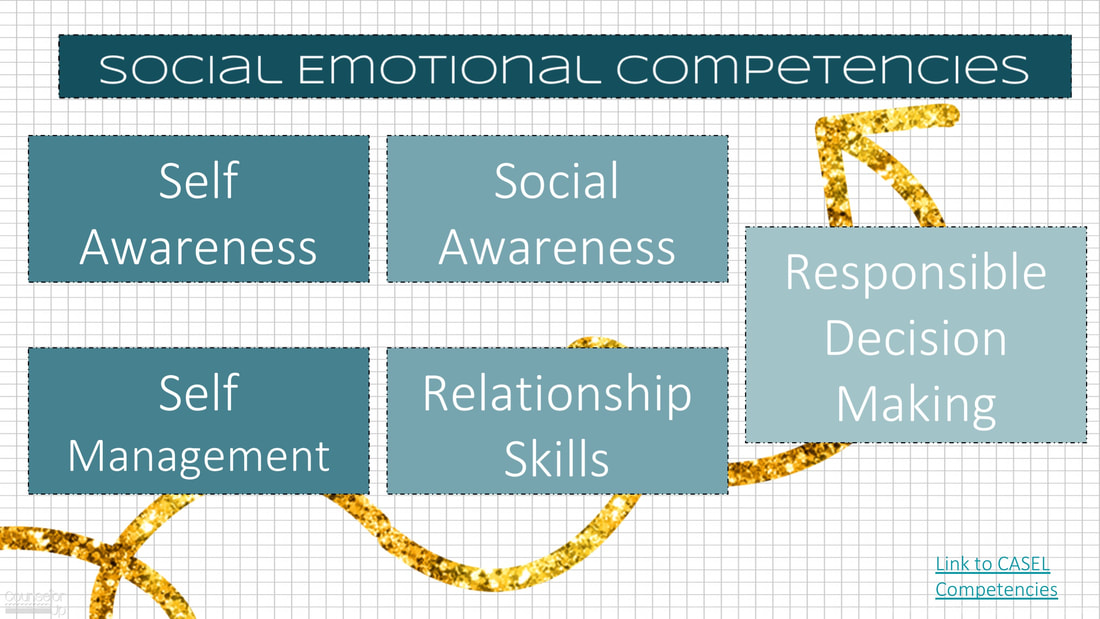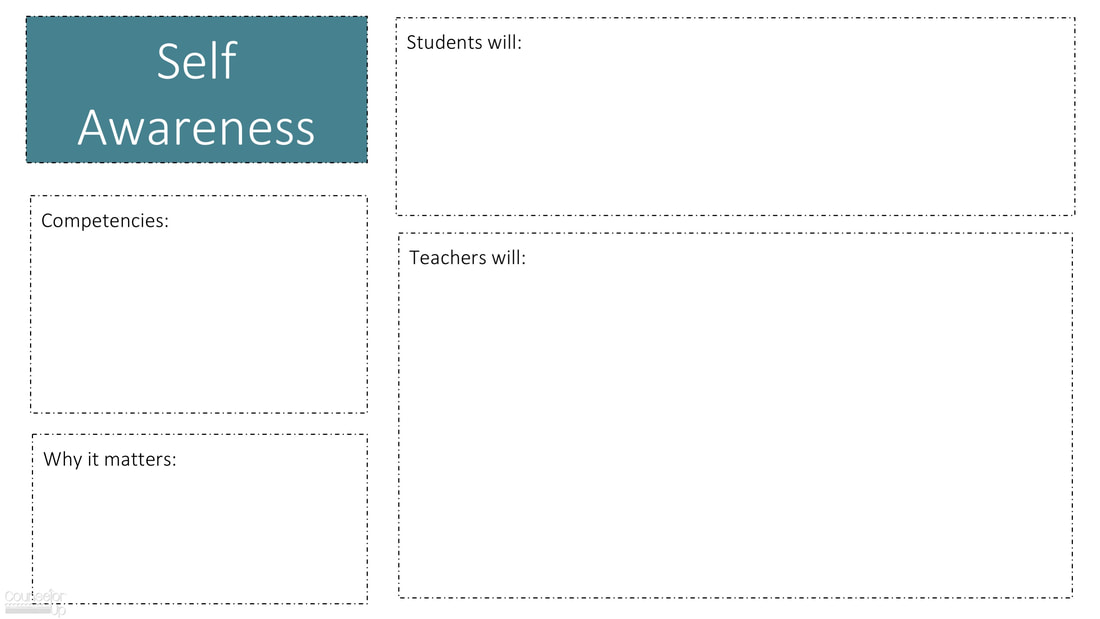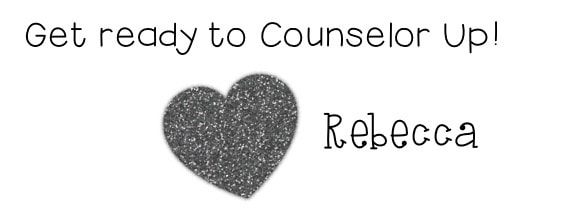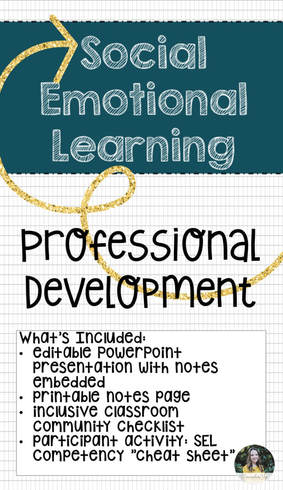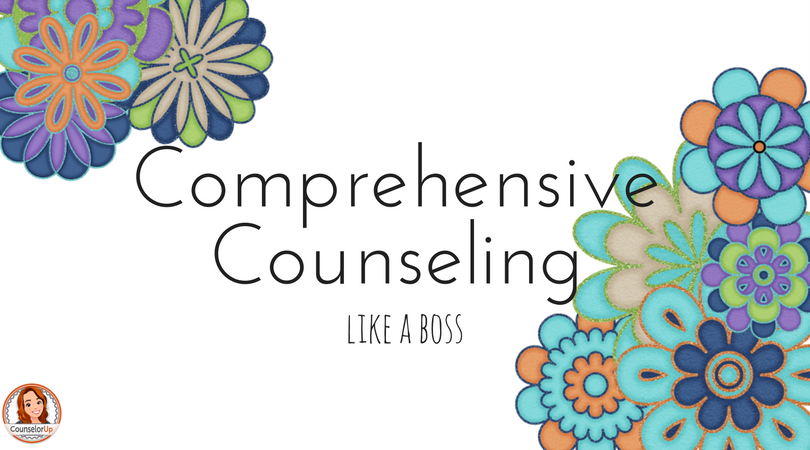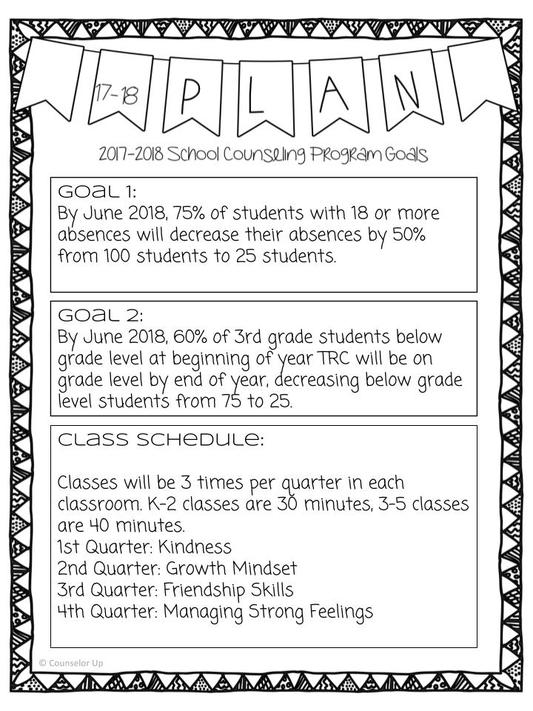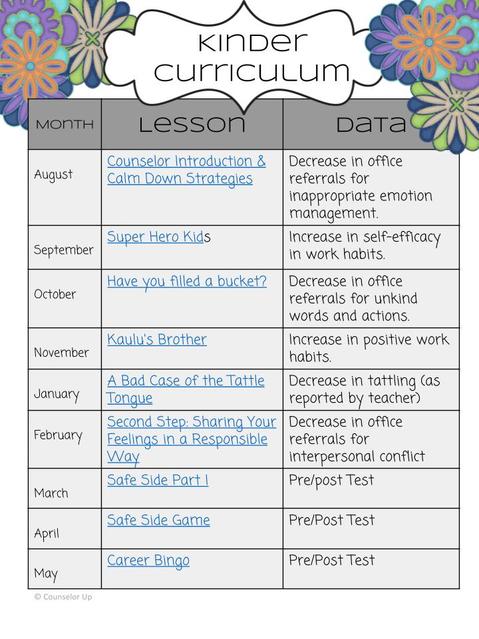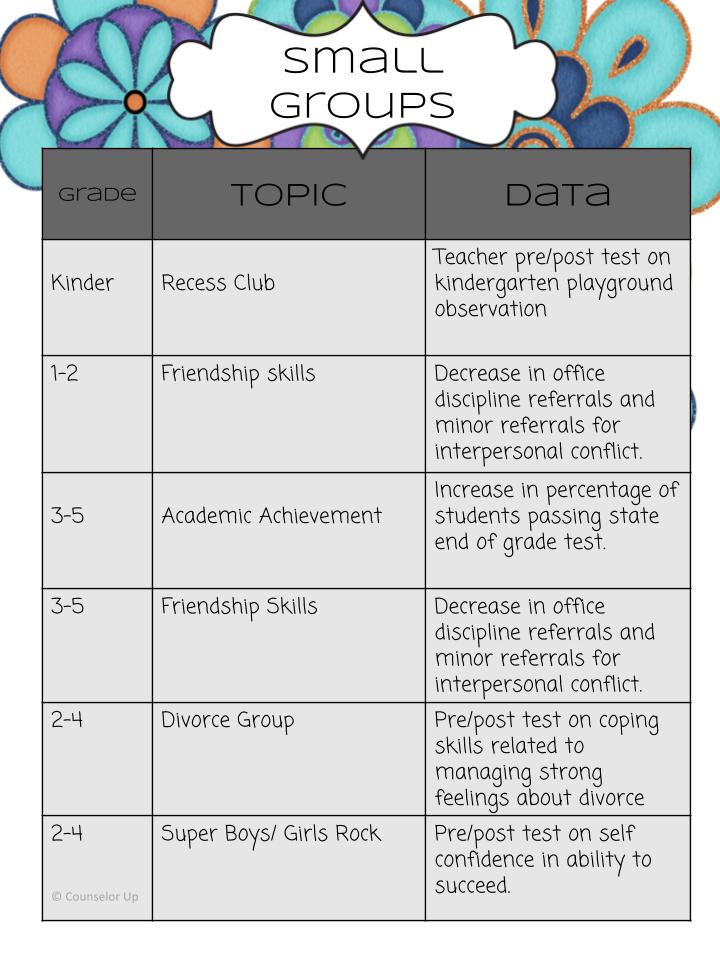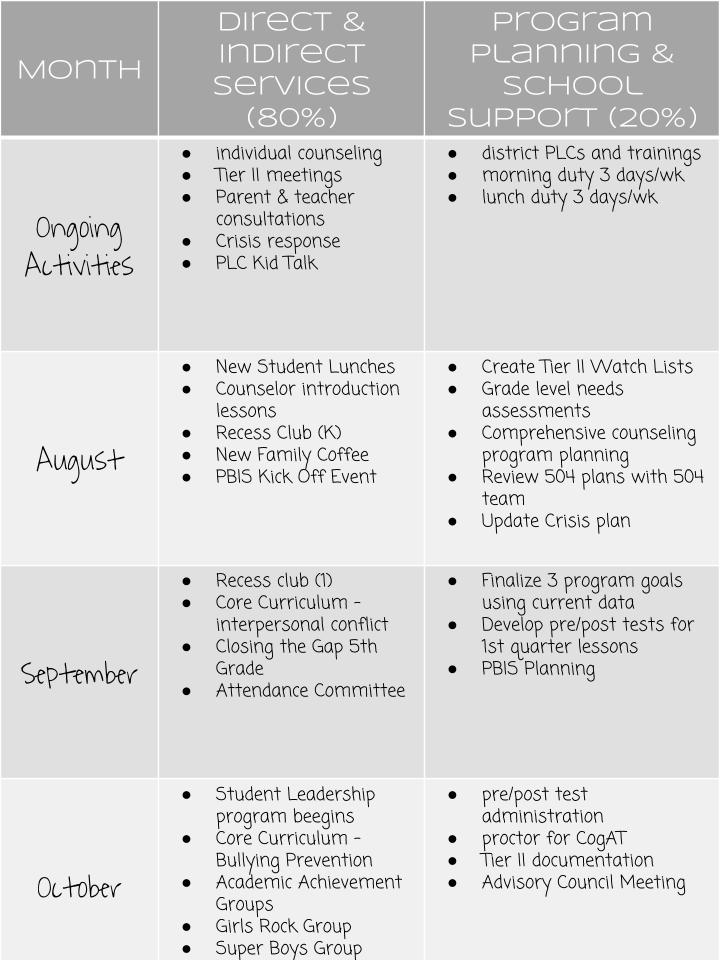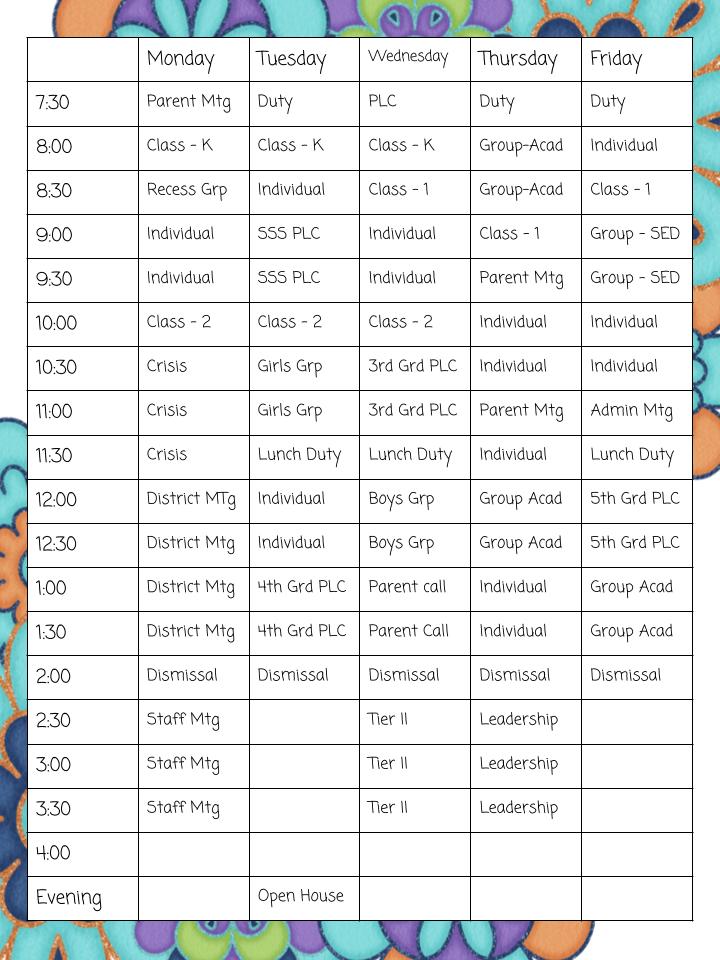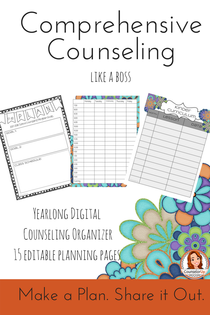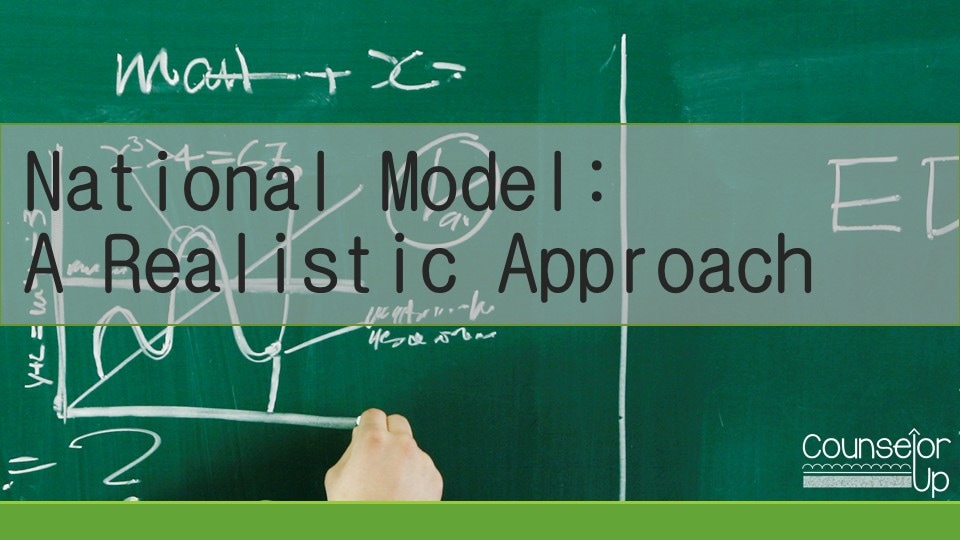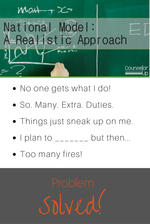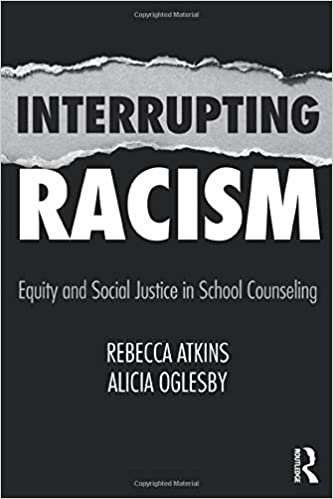Acknowledge Difference
Transition Support
If you are going back to school in person - consider how you are communicating safety measures with students and families. Psychological safety is just as important as physical safety in welcoming our students. If students feel unsafe at school, their ability to learn and grow is negatively impacted.
Building and Establishing Relationships
After students have started their days with their teachers, we will need to make sure that we have opportunities to build counselor-student relationships. This is particularly tricky if you are in a virtual environment. Like all aspects of a comprehensive school counseling program, we have to think about core opportunities for connection with all students. Core counseling instruction might look different this year. I anticipate that it might be harder to get time during instruction to teach lessons. You might need to get creative to incorporate social emotional learning into academics. You might need to ask to be a guest reader or have a quick drop in during class meetings instead of a full lesson. Conversely, you might be asked to be on the specials rotation to provide coverage for teachers. Make a plan for how you will have (virtual or in person) face time with every class/student on your caseload.
Supplemental and Intensive Supports
- Does your school have a referral process for staff and families to refer students for more support from the school counselor? How might this process need to change?
- Does your school have a referral process for students to self refer? How might this process need to change?
- Does your school do any data based problem solving to proactively identify students who might need additional support?
- Have you sought the perspective and voice of your stakeholder groups? Have you ensured that marginalized voices have been heard?
- Has your school considered the impact of the Black Lives Matter social movement on your staff and students of color? Have you allowed for time to discuss, process, and consider how you will go about school differently as a result?
Make A Plan
- Create SMART goals
- Make a Core Lesson Scope and Sequence for the Year
- Keep a detailed calendar
Hey counselor - you got this. You can do it.

